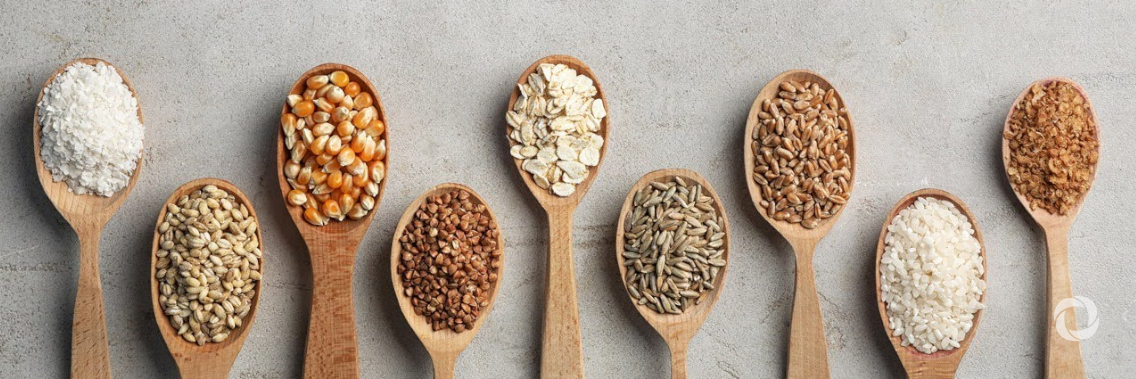The need for concerted action to prevent the COVID-19 international health emergency from triggering a catastrophic world food crisis received a welcome new tool today as the Food and Agriculture Organization of the United Nations formally launched the Food Coalition.
A “network of networks”, the Food Coalition is a voluntary multi-stakeholder and multi-sectoral alliance set up to support innovative initiatives to ensure global food access, increase the resilience of agri-food systems, and put them on a more sustainable course.
First suggested by the Government of Italy and with more than 30 countries having already expressed interest in joining, it will support existing and future efforts to overcome the pandemic’s disruptive impacts and help countries get back on track to achieve the Sustainable Development Goals by 2030, particularly those of ending hunger and poverty.
“We must increase the exchange of knowledge and leverage global momentum to promote food security and nutrition,” the FAO Director-General said, hailing the Food Coalition as a lever to attract and harness innovative thinking and solutions.
“The aim is to build a global alliance with a network of national governments, international organizations, thought leaders, civil societies and the private sector working together for a unified global action,” he added. We drink water from the same river and we enjoy the sunshine under only one sky.”
Interest in the Food Coalition is notable among members of the G-20, indicating a potential resource and advocacy base, in terms of expertise, policy commitment, and funding mobilization.
COVID-19 may add up to 132 million more people to the ranks of the world’s undernourished this year, on top of the 690 million hungry people in 2019 – highlighting the challenge that the pandemic poses to the eradication of hunger by 2030.
Moreover, the current health crisis will have long-term effects on food security, affecting production, farmers’ health and access to markets, rural jobs and livelihoods, triggering decreasing food supply and demand in rural and urban areas alike with adverse nutritional results, said the FAO Director-General.
“Across the world, countries have to make sure that food value chains continue to function well … and that the agricultural labour force and poor consumers, both rural and urban, are not pushed beyond the poverty line,” he said.
Against this background, the Food Coalition aims to work for unified global action in response to COVID-19 and the risks to agri-food systems it poses. The alliance involves a devoted trust fund and a web-based hub allowing participants to access a basket of project-focused information and data, as well as the funding and types of assistance needed for many on-the-ground projects.
Original source: FAO

